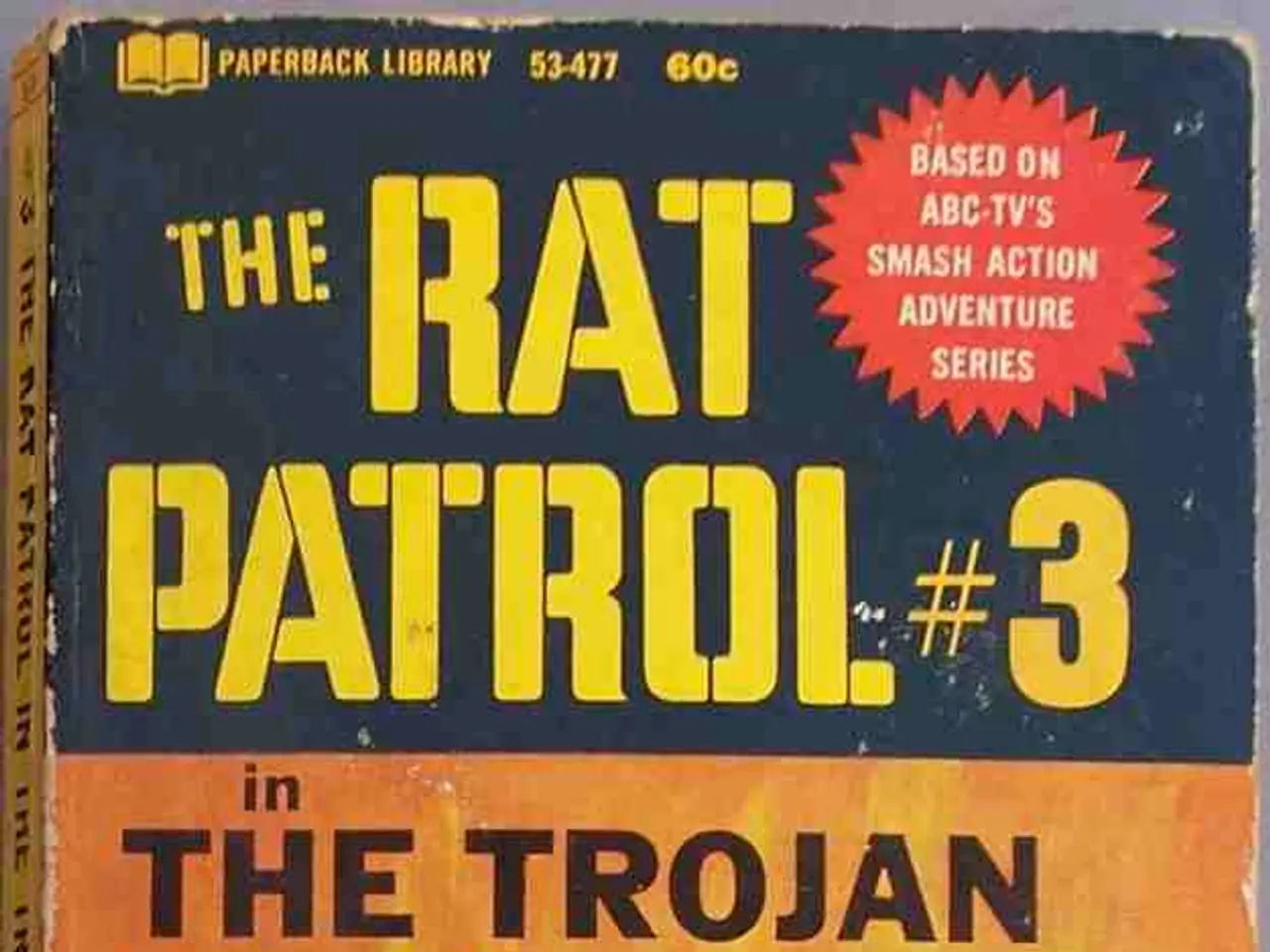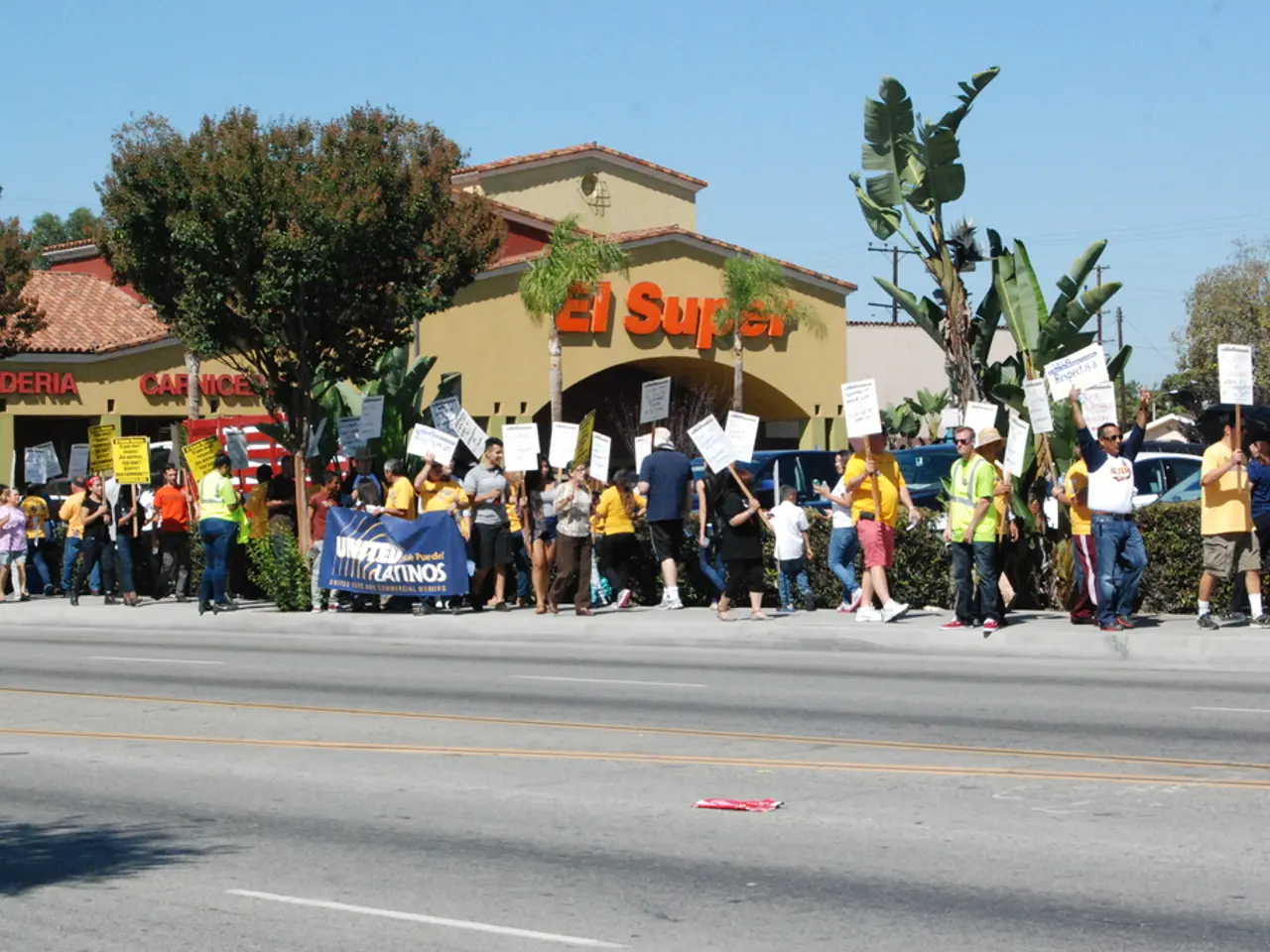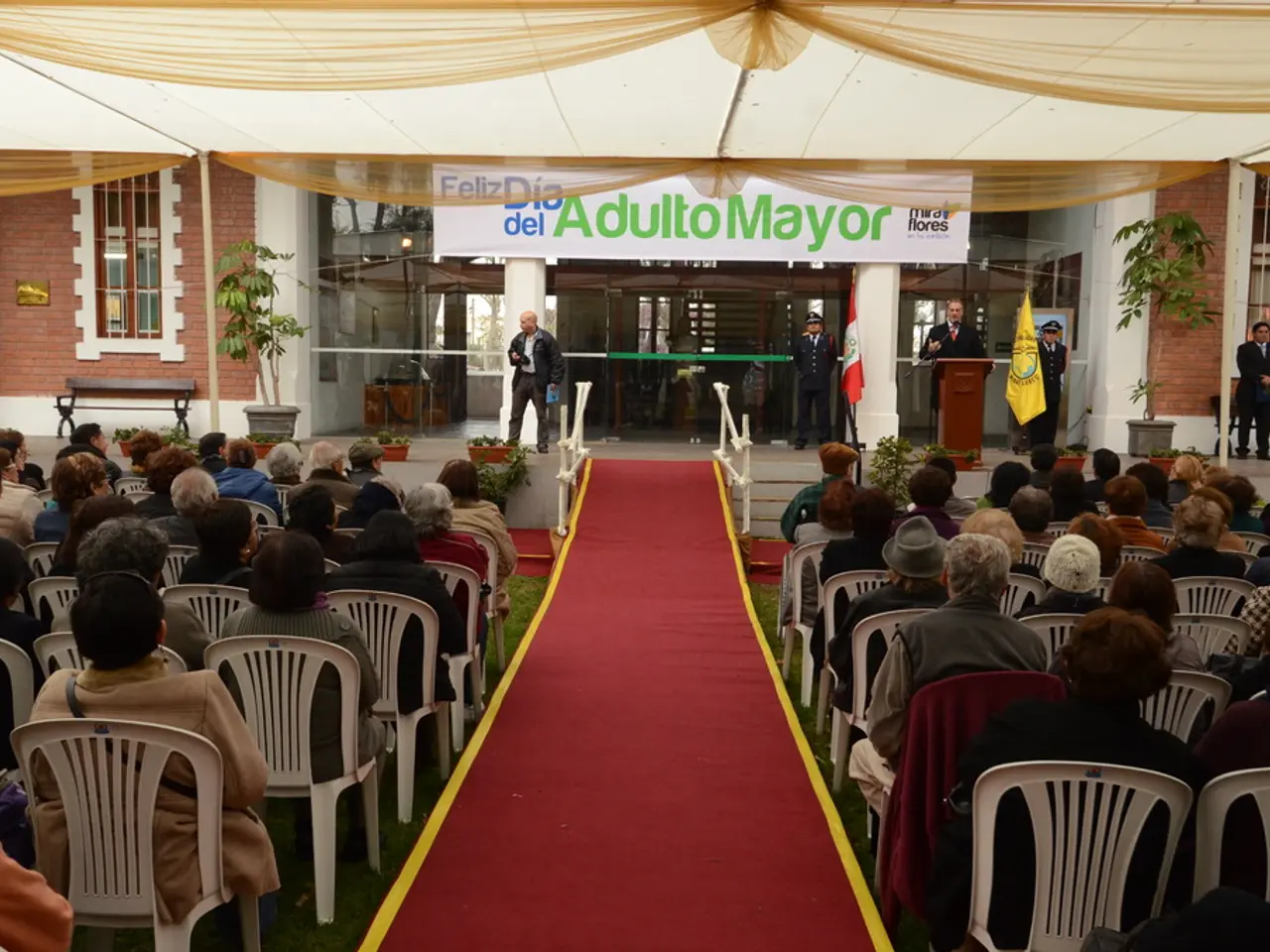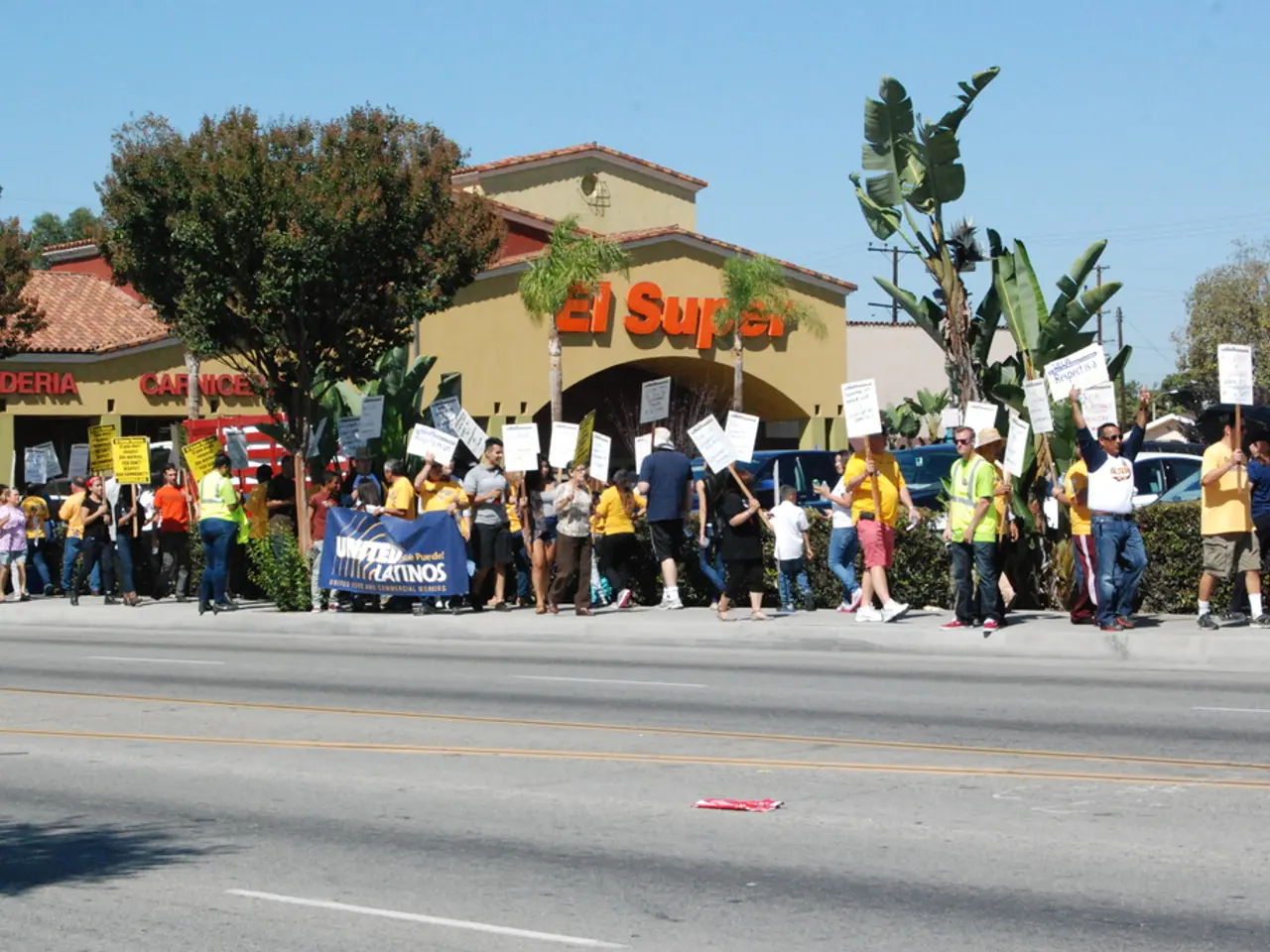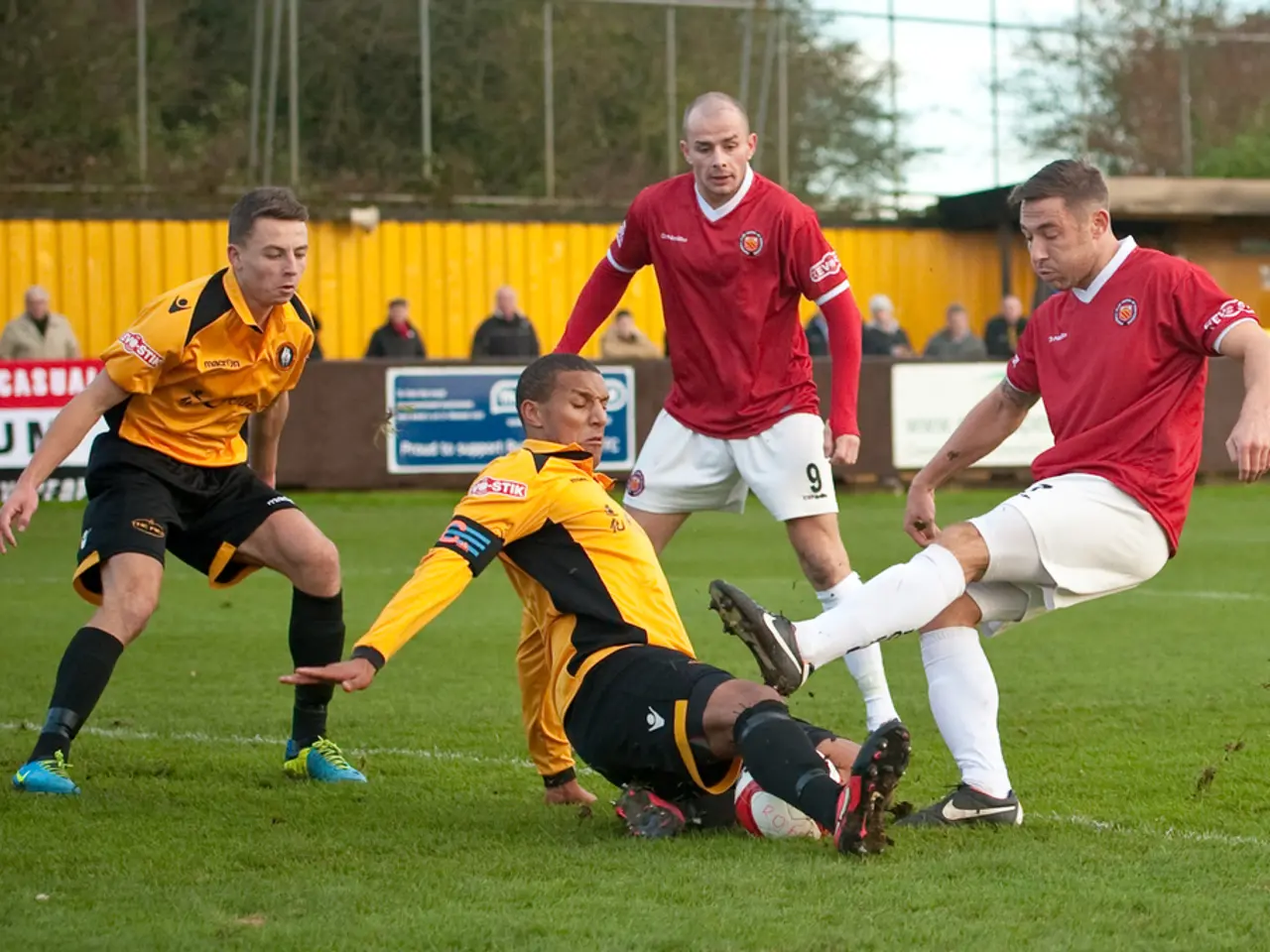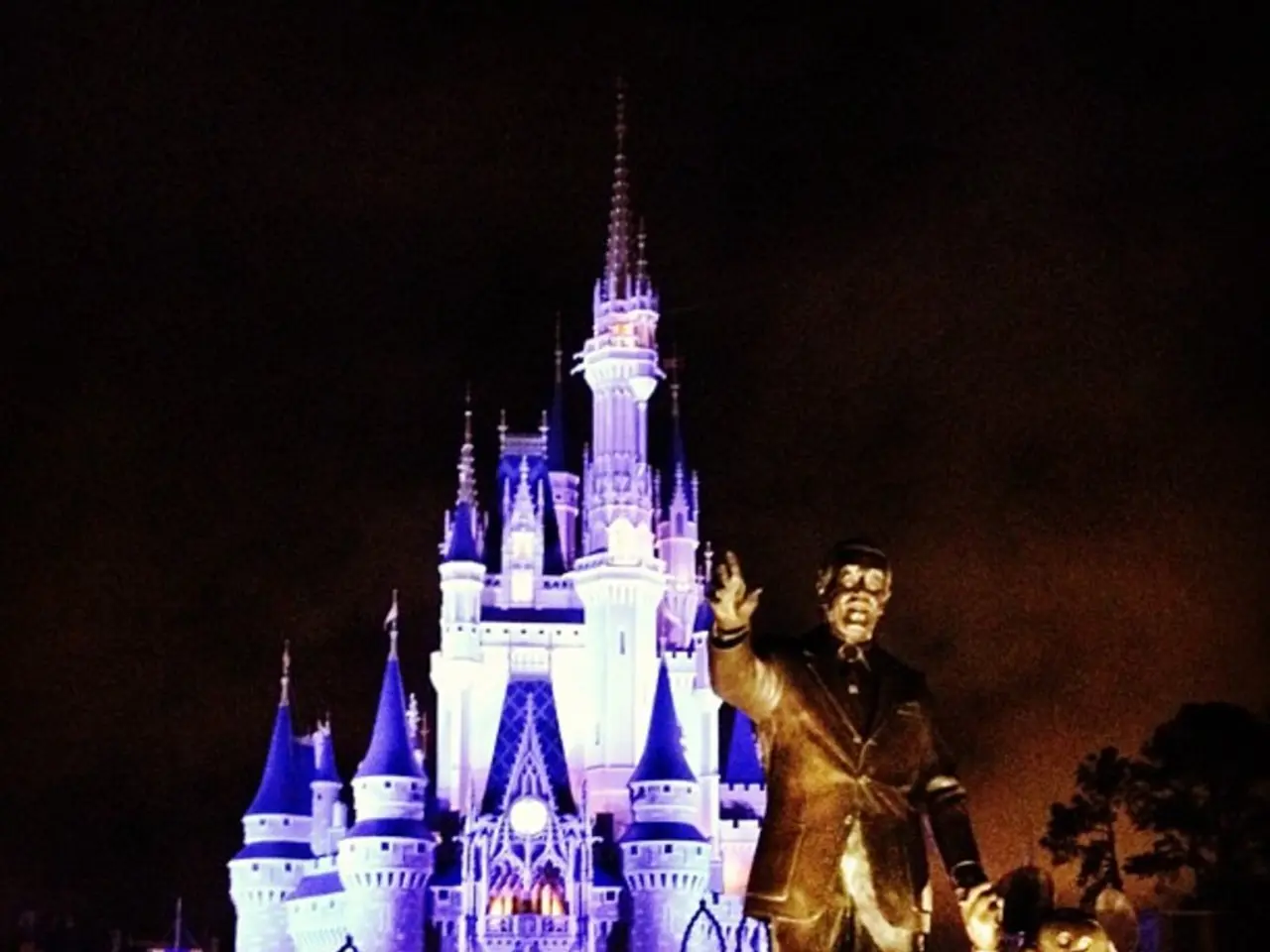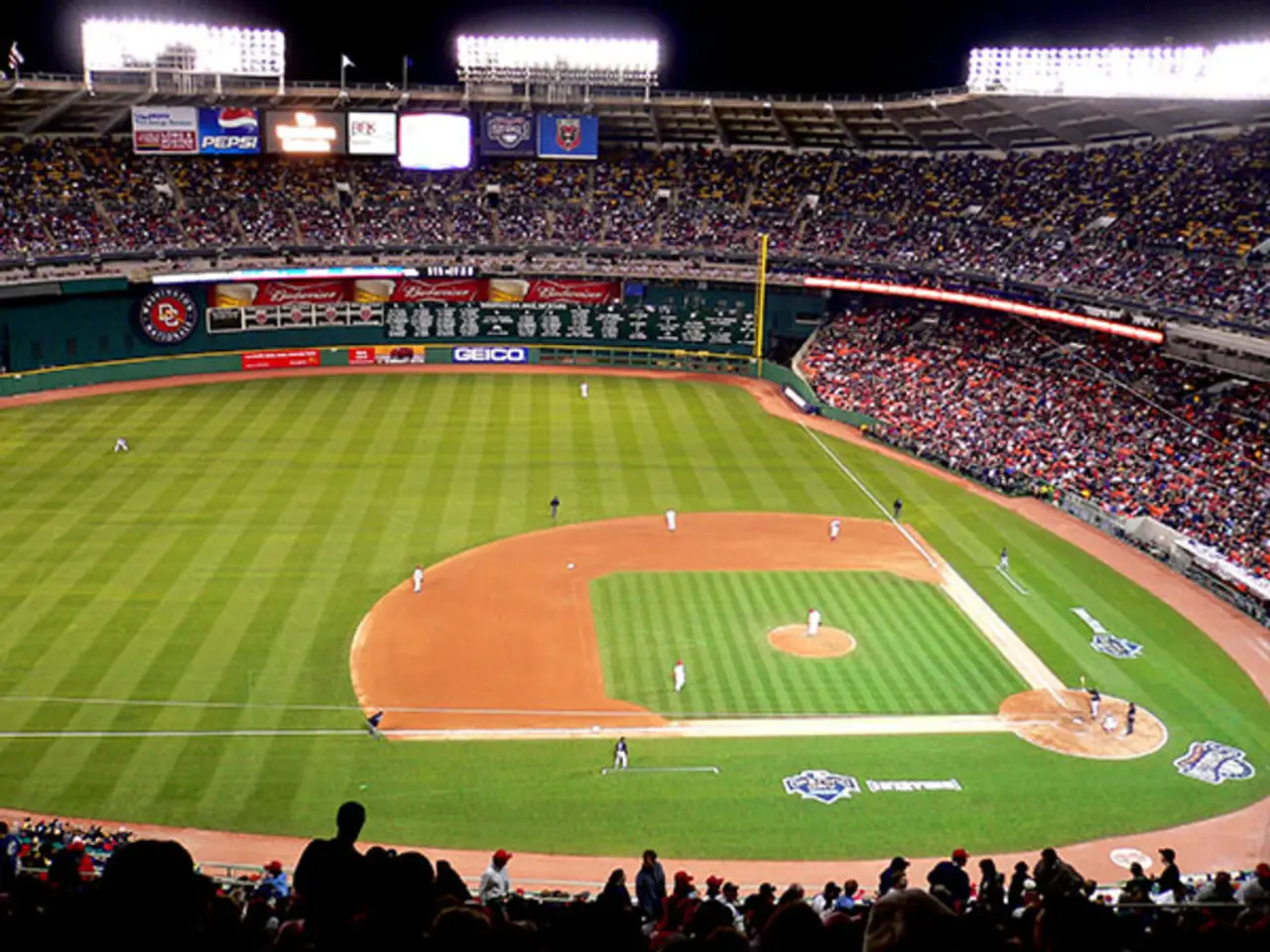World War II atomic bomb survivors in Korea continue to endure health issues 80 years later
In the aftermath of the devastating atomic bombings of Hiroshima and Nagasaki in 1945, more than 10 percent of the victims were Korean [1]. Today, over six decades later, many Korean survivors, including those residing at the Hapcheon Atomic Bomb Victim Center in South Korea, continue to face long-term health and social challenges [2].
Seoul enacted a special law in 2016 to provide a monthly stipend of around $72 to survivors, but this support does not extend to their offspring or extended families [1]. As a result, many survivors and their descendants struggle to make ends meet, particularly in light of the high incidence of congenital illnesses among second- and third-generation descendants [2].
Bae Kyung-mi, a five-year-old at the time of the Hiroshima bombing, is one such survivor. Bae was playing at home when she heard planes overhead, a sound that would soon be followed by the detonation of the atomic bomb "Little Boy." Bae was buried in the rubble of her home, miraculously spared from burns that killed many people due to a swift collapse that shielded her [3]. However, Bae's health has been affected over the years, with the need for surgeries to remove her ovaries and a breast due to a high cancer risk [3].
The city office in Hiroshima was severely damaged, making it difficult to find clear records, and Japan's colonial policy prohibited the use of Korean names, adding to the complexity of record-keeping [1]. This has led to an underestimation of the number of Korean victims, with Korean groups estimating that up to 50,000 Koreans may have been in Hiroshima on the day of the bombing [1].
Despite these challenges, Bae and other Korean survivors have faced discrimination both as atomic bomb survivors and as Koreans [4]. This discrimination has extended to their families, with Bae choosing to keep her experience a secret from her husband. Bae's family, like many others, kept the horror of the bombing a secret due to stigma and false rumors about radiation sickness [4].
In recent years, there have been efforts to raise awareness and provide support for Korean atomic bomb survivors. The Japanese hibakusha group was awarded the Nobel Peace Prize last year for their efforts to show the world the horrors of nuclear war [5]. In Korea, the Hapcheon center is holding a commemoration on August 6, hoping for increased attention from politicians. However, according to a survivor, there has been only talk and no real interest [2].
National and international groups conduct memorial events and advocacy to support survivors and promote nuclear disarmament [1][4][5]. However, specific current support details for survivors in Hapcheon are not clearly documented in available recent sources, indicating potential gaps or limited public reporting on local assistance. For more precise information about support programs in Hapcheon, South Korea, additional local government or nonprofit sources may provide updated details beyond this general overview.
References: [1] "Korean Atomic Bomb Survivors: A Forgotten History." The Diplomat, 2019. [2] "Hapcheon Atomic Bomb Victim Center." The Hankyoreh, 2021. [3] "The Untold Stories of Korean Atomic Bomb Survivors." Korea Exposé, 2019. [4] "Korean Atomic Bomb Victims Face Discrimination." Yonhap News, 2018. [5] "Japanese Hibakusha Group Wins Nobel Peace Prize." BBC News, 2020.
- The world continues to grapple with the long-term health and social challenges faced by Korean atomic bomb survivors, including those residing at the Hapcheon Atomic Bomb Victim Center in South Korea.
- The city of Seoul enacted a special law in 2016 to provide Monetary support to survivors, but this does not include their offspring or extended families, resulting in financial struggles for many.
- General-news outlets have reported an increased prevalence of congenital illnesses among second- and third-generation descendants of Korean atomic bomb survivors, a concerning development in the general health of this community.
- Despite efforts to raise awareness and provide support for Korean atomic bomb survivors, discrimination against them, both as survivors and as Koreans, remains a persistent issue, affecting not only them but their families as well.
